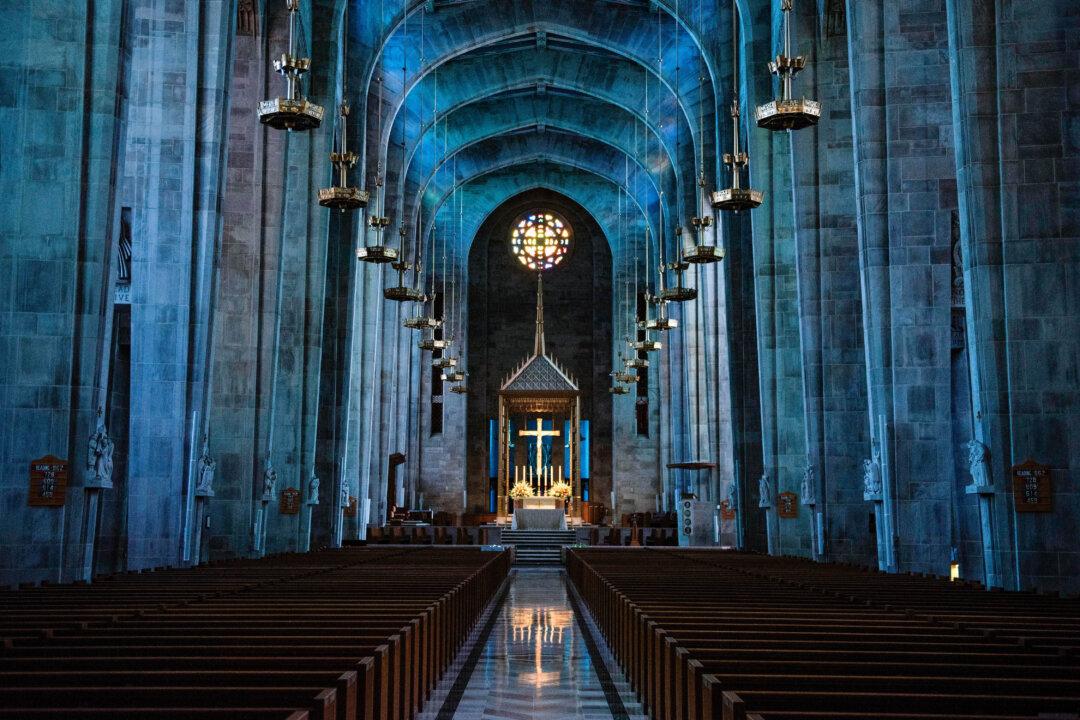Maryland Attorney General Anthony Brown has finally released a report detailing eight decades of alleged sexual abuse by more than 150 Catholic priests and others associated with the Archdiocese of Baltimore. The current or former clergy, seminarians, deacons, religious, teachers, and other Archdiocesan employees preyed on at least 600 children, the report said.
“This Report illustrates the depraved, systemic failure of the Archdiocese to protect the most vulnerable—the children it was charged to keep safe,” said Brown in a press release (pdf). “This Report shines a light on this overwhelming tragedy, and it was the courage of the survivors that made it possible.”





